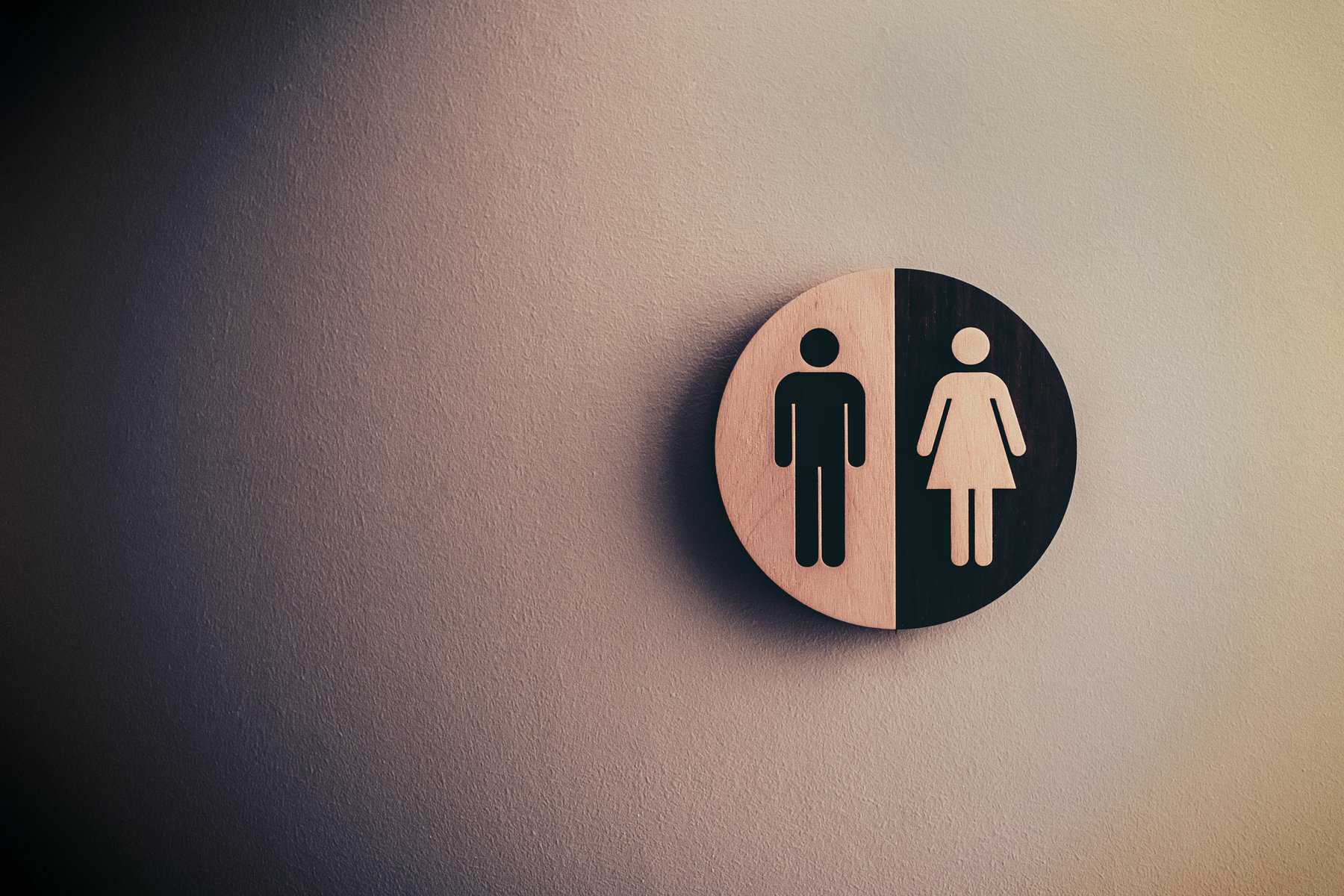By Lily Cratchley, Gale Ambassador at the University of Birmingham
International Women’s Day was celebrated on Friday 8th March this year, and, as always, it provided an opportunity for us to reflect on the ongoing female fight for universal suffrage, freedom and equality. Several defining moments stand out in women’s history, having shaped our ability to lead the lives we do today, including: gaining the right to vote in 1918, the passing of the Equal Pay Act in 1970 and, of course, the legalisation of the oral contraceptive pill in 1961, enabling women to finally have a say over their reproductive rights.
Material in Gale Primary Source highlights the life-changing effects that the contraceptive pill had on women during the 1960s. The advertisement below by pharmaceutical company Bayer credits the medical advancement with ‘enabling women to fulfil their lives with freedom of choice,’ suggesting, too, that ‘few things have had a greater impact on twentieth-century society’ than the Pill.

More recent articles within the database, however, suggest that the implementation of a male contraceptive pill will, perhaps, be the next step in achieving greater gender equality. One of the first articles found in Gale Primary Sources to note this possibility was published in The Times in 1969, and stated that ‘by 1975, there should be a male “pill”’. The article, reporting on the predictions of forty experts from the Office of Health Economics, cast this medical predication alongside others, including ‘more efficient drugs, especially for depressive, psychotic illness,’ by the late 1970s, and, as the title suggests, the availability of ‘artificial hearts by 1990.’

While many of these predictions have taken shape, the male contraceptive pill is not yet available. This blog post explores why, over forty years since 1975, the male Pill has still not hit our shelves. It seems that the possibility of a male Pill is fundamentally hindered by two predominant factors: worries about the public response – from both men and women – and a subsequent lack of funding from major drug companies.
The concerned public response appears to be rooted in the idea that men can’t be trusted to take a pill daily, ensuring the efficiency of the Pill as a contraceptive. A subsequent article from The Times in 1987 addresses this, declaring ‘most women would not trust their partner to put the cat out – let alone to remember to take a male contraceptive pill,’ and stated that 70% of women wouldn’t believe a man who said he was taking the pill.

However, research also suggested men should be given more credit; a Daily Mail article confirms that ‘66% of men would take the male contraceptive pill if it was available,’ and tells the story of two males (Sandro and Glenn) who trialled the male Pill daily for a year. Despite side effects of ‘having everyone at work in stiches,’ and a ‘fair amount of leg-pulling,’ the men seemed to enjoy bearing a portion of the contraceptive burden with their partner. Sandro said this brought him a ‘feeling of calmness’ and Glenn claimed he ‘was sorry to stop the trial’ after the obligatory 12 months. This article challenges the forgetful and irresponsible attitudes, stereotypically associated with men, and proposes that there is, in fact, a market for the male contraceptive pill.

Changing attitudes to a male contraceptive pill are wonderfully progressive, but not if major companies don’t follow suit by investing money in the concept. This setback in the development of a male Pill has been evident from the beginning stages of discussion. A Pedestal article, titled ‘The Pill vs. The Male Ego Disaster’, claimed in 1970, ‘most drug companies won’t even bother providing money or facilities for research into the development of a safe, efficient male contraceptive pill,’ putting this down to ‘the fact that most firms are run by men and they just don’t like tampering with male fertility.’

A more recent article in The Times mocks the idea of a male Pill being possible, due to the lack of investment, ‘few companies are interested in producing a male Pill because “men care more about preserving their virility…than about sparing an unintended pregnancy.”’ The article inextricably links the two factors preventing the male Pill from being developed and concludes that ‘male birth control just won’t work’ as ‘men cannot be trusted to change their underwear regularly, never mind take a tablet.’
!["A contraceptive for males? That's a laugh." Times, 4 Dec. 2007, p. 2[S]. The Times Digital Archive, http://tinyurl.galegroup.com/tinyurl/98ZQG7](http://blog.gale.cengage.co.uk/wp-content/uploads/2019/03/the-pill-6-734x1024.png)

The uncertainty surrounding whether a male contraceptive pill will ever have as great an impact as the female one is arguably hindering the growth of gender equality. The developing attitudes of society, evidenced by Sandro, Glenn and their respective partners, however, are progressive, and suggest there is room in our society for this pill, which will create an even playing field for men and women in terms of taking responsibility for contraception.
If a male Pill was available would you take it, or trust your partner to?


